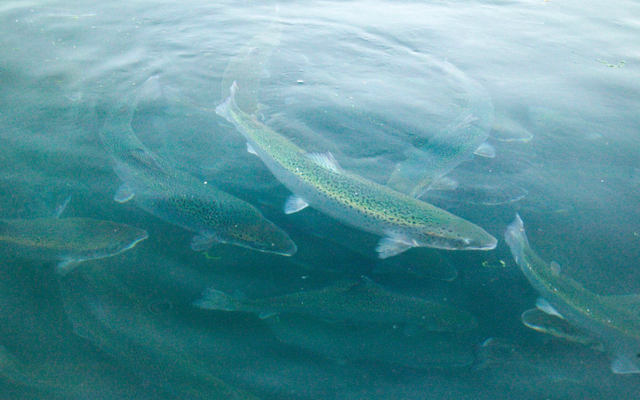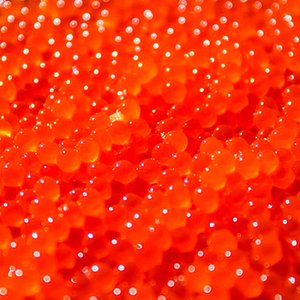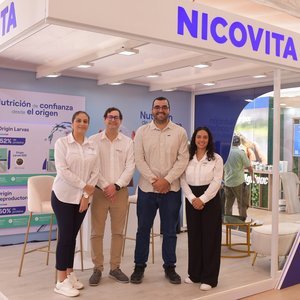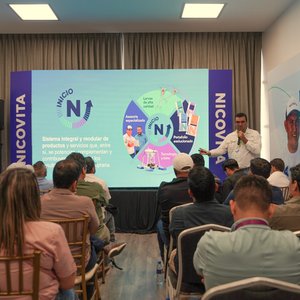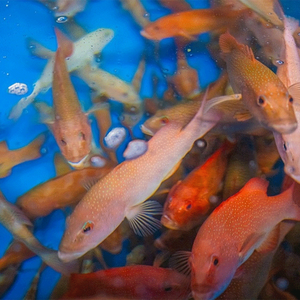RSPCA Assured unveiled the new revision of the RSPCA welfare standards for farmed Atlantic salmon that will be introduced in May 2024. From 19 May 2024, the new revision of the RSPCA farmed Atlantic salmon welfare standards will come into effect, introducing over 300 new standards and amendments.
To continually improve farmed animal welfare, the RSPCA regularly reviews and updates all of its standards for different species. This is done in consultation with the farming industry, and a wide range of other stakeholders, while taking account of the latest scientific, veterinary and industry knowledge and experience.
Key highlights of the new standards include:
- The introduction of non-medicinal treatment standards for sea lice and gill disease
- Mandatory regular welfare outcomes assessments at both freshwater and seawater sites
- Improvements to the stunning and slaughter processes, including introducing the requirement for CCTV coverage for the entire slaughter process
- Clarifying the requirement to undertake daily checks for sick or dying fish in all tanks and enclosures, with immediate action required for any issues identified
- Formal written production plans to prevent unnecessary culling of freshwater parr
- The use of antibiotics on-farm must now be reviewed annually or at the end of a production cycle and a written action plan aimed at reducing the use of antibiotics must be developed and implemented where required.
- Improved oversight and protocols for the transfer and unloading of smolts to minimize stress and escape risks
- Implementation of over 80 new standards aimed at enhancing cleanerfish welfare.
Sean Black, senior scientific officer and aquaculture specialist at the RSPCA, said that “the new farmed Atlantic salmon standards will be a huge step forward for fish welfare and among other changes, include pioneering new standards for non-medicinal treatments for sea lice and gill disease.
“Further, we are pleased to introduce over 80 new standards to improve cleanerfish welfare. These include the need to risk assess the impact of treatments on their welfare, the requirement to record, categorize and monitor all mortality causes and reduce transport stocking density.”
The RSPCA welfare standards have been a catalyst for change throughout the entire salmon industry for over 20 years, with most farms in Scotland now adopting these standards. They are also internationally recognized as being world leading.
“We understand that some of the new standards may be challenging,” Sean continued. “But we are here to support and offer advice to members in implementing these. We know all RSPCA Assured members want the best for the animals in their care and we hope that the new standards will help them achieve their higher welfare goals. We are continually grateful to all RSPCA Assured members, veterinarians and fish health professionals, academics, industry experts and others who work with us to improve farmed animal welfare.”
Find out more and view the new Atlantic salmon standards here.


